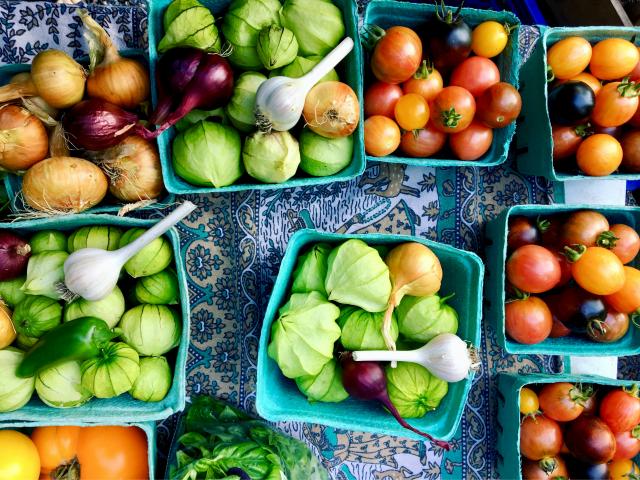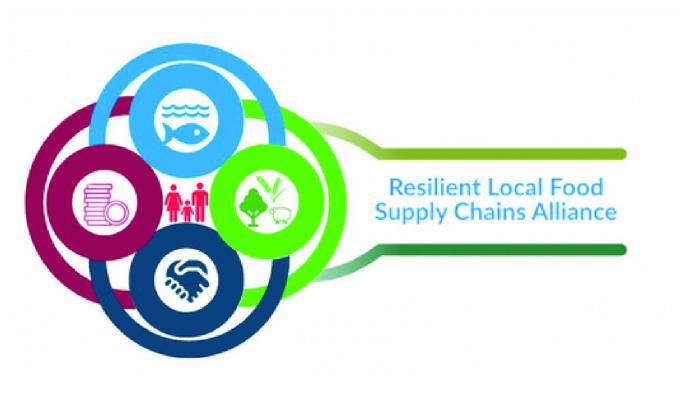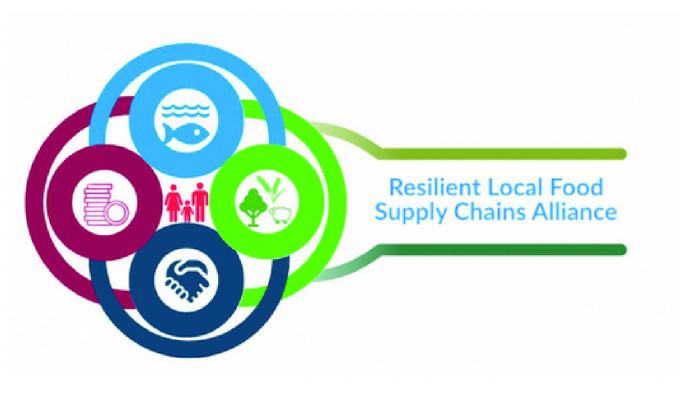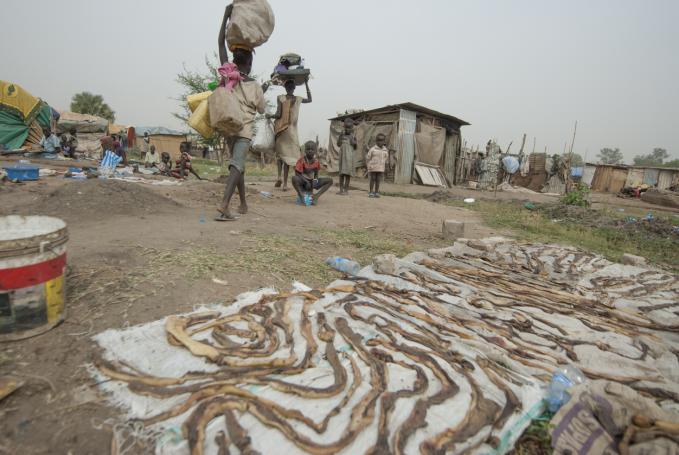STORIES
The path to efficiency in Sierra Leone agriculture
The Ministry of Agriculture launched Feed Salone, which focuses on various aspects of driving the growth of an underdeveloped sector.
Sierra leone

According to FAO, the agriculture sector employs around 65% of Sierra Leone's labor force and about 75% of its population, with women primarily employed. Almost 5.4 million hectares, 74% of the country's total land area, is considered suitable for cultivation. Yet, almost 80% of farmers cultivate less than 10% of that land due to different factors, such as poor governance of land tenure.
Other than resource allocation challenges, communication issues, and environmental sustainability, administrative inefficiency was the primary constraint hindering the Ministry of Agriculture and Food Security's effectiveness of operations, which triggered the launch of the Feed Salone project.
Feed Salone is committed to enhancing administrative efficiency for sustainable agricultural development in Sierra Leone. By indirectly supporting eco-friendly farming practices, capacity-building initiatives, and technological interventions through streamlined administrative processes, it aims to optimize resource allocation, improve service delivery, and empower local farmers and stakeholders.
"According to FAO, 80% of Sierra Leone farmers cultivate less than 10% of arable land."
Other than resource allocation challenges, communication issues, and environmental sustainability, administrative inefficiency was the primary constraint hindering the Ministry of Agriculture and Food Security's effectiveness of operations, which triggered the launch of the Feed Salone project.
Feed Salone is committed to enhancing administrative efficiency for sustainable agricultural development in Sierra Leone. By indirectly supporting eco-friendly farming practices, capacity-building initiatives, and technological interventions through streamlined administrative processes, it aims to optimize resource allocation, improve service delivery, and empower local farmers and stakeholders.
The pilot project has been initiated in strategic regions across Sierra Leone, targeting areas where agricultural development can significantly impact livelihoods and food security.
Outdated processes disrupting office management and impacting daily operations were at the basis of administrative inefficiency. The project triggered systematic changes in administrative processes using various methods, such as process mapping, to help identify inefficiencies.
While the Ministry of Agriculture has been pivotal in leading this initiative, collaboration with various government agencies, local communities, and international partners has been instrumental in its success. Main Stakeholders included internal staff, administrative officers, finance personnel, project coordinators, external partners, suppliers, service providers, and regulatory bodies.
"Feed Salone is committed to enhancing administrative efficiency for sustainable agricultural development in Sierra Leone."
"Only with a comprehensive approach can we address challenges such as transparency and environmental sustainability," Dr. Abdel Koroma, the project manager, says. "We have implemented robust monitoring and evaluation mechanisms to track progress, promote accountability, and enhance transparency. Moreover, sustainable farming practices and environmental conservation measures have been integrated into our programs to ensure long-term viability", adds Koroma, pointing mainly at the implemented digital communication platforms for enhanced collaboration and at the established mechanism for continuous feedback, fostering a culture of improvement.
The described good practice is technically feasible, user-friendly, and adaptable, and it excels in factors enhancing transferability. Customizable technology adapts to diverse needs, thorough training ensures effective adaptation, digital communication fosters universal collaboration, and a feedback mechanism ensures continuous improvement.
Some limits include resource intensiveness, resistance to change, and technology infrastructure. Duplication must navigate contextual variations, cultural differences, and regulatory compliance. Overall, success hinges on tailored implementation to unique settings.












